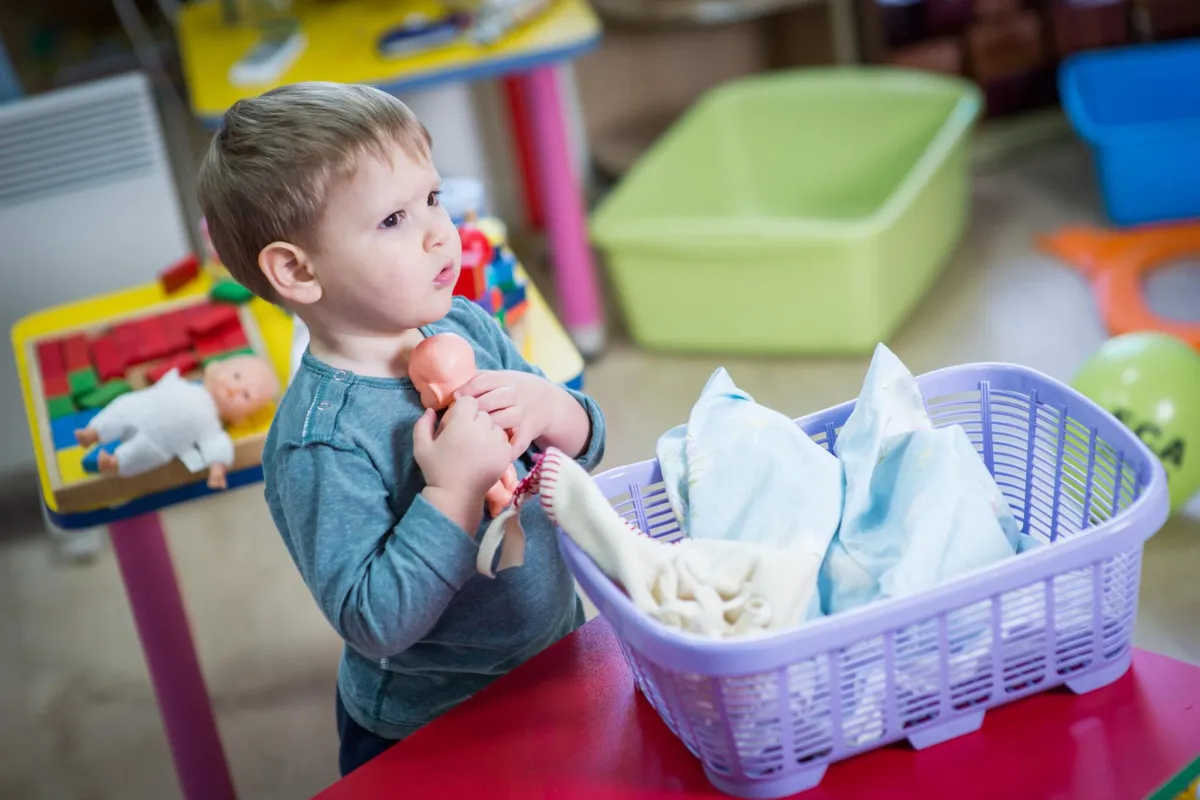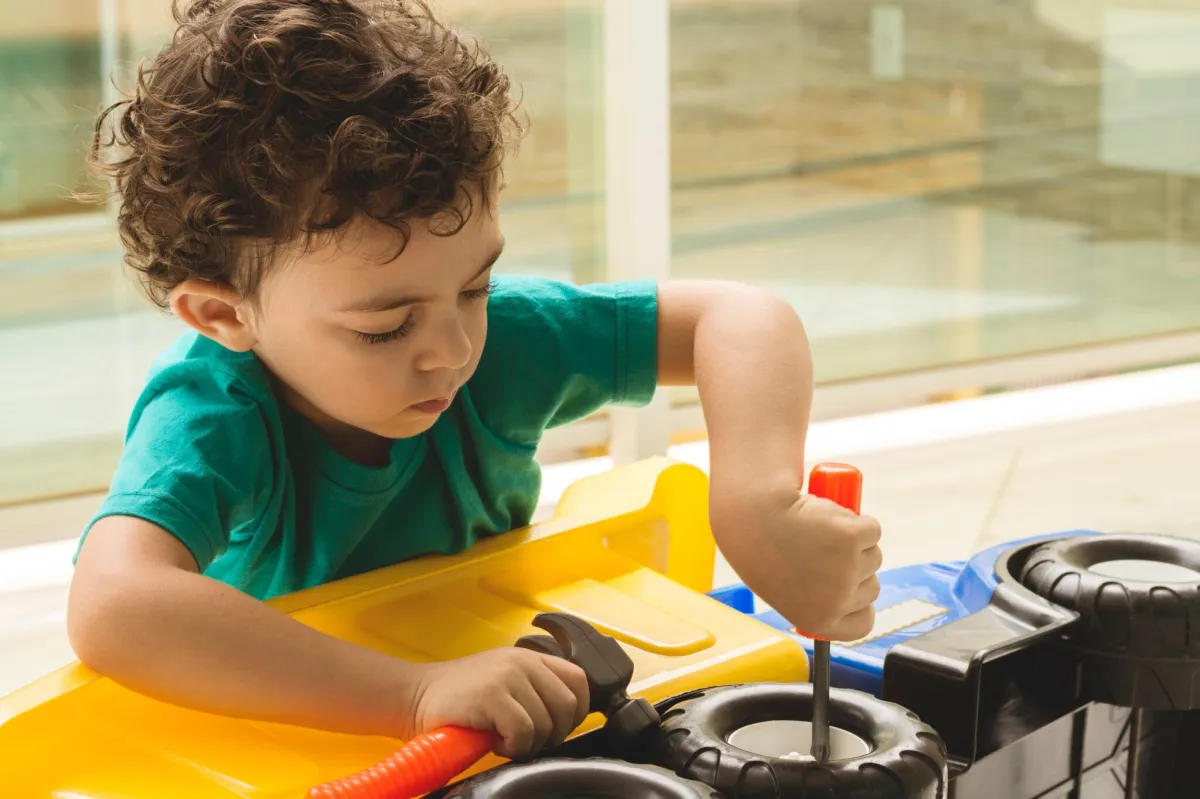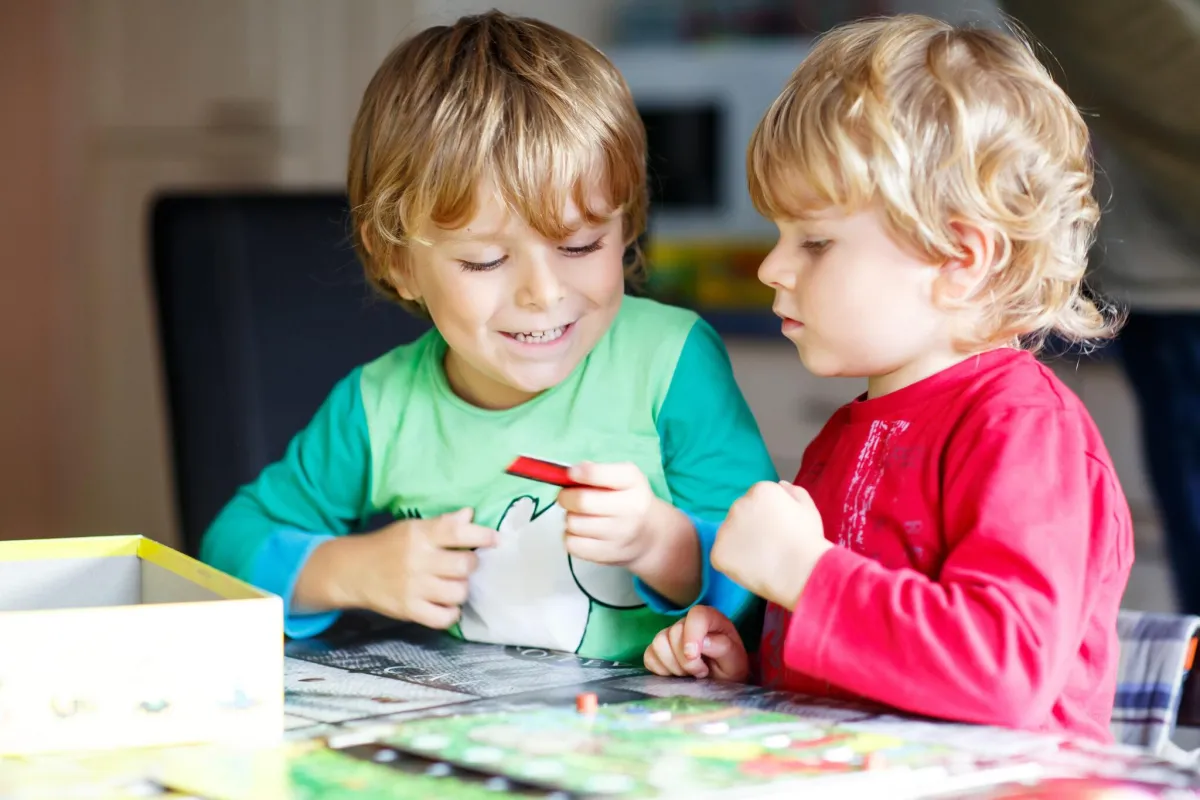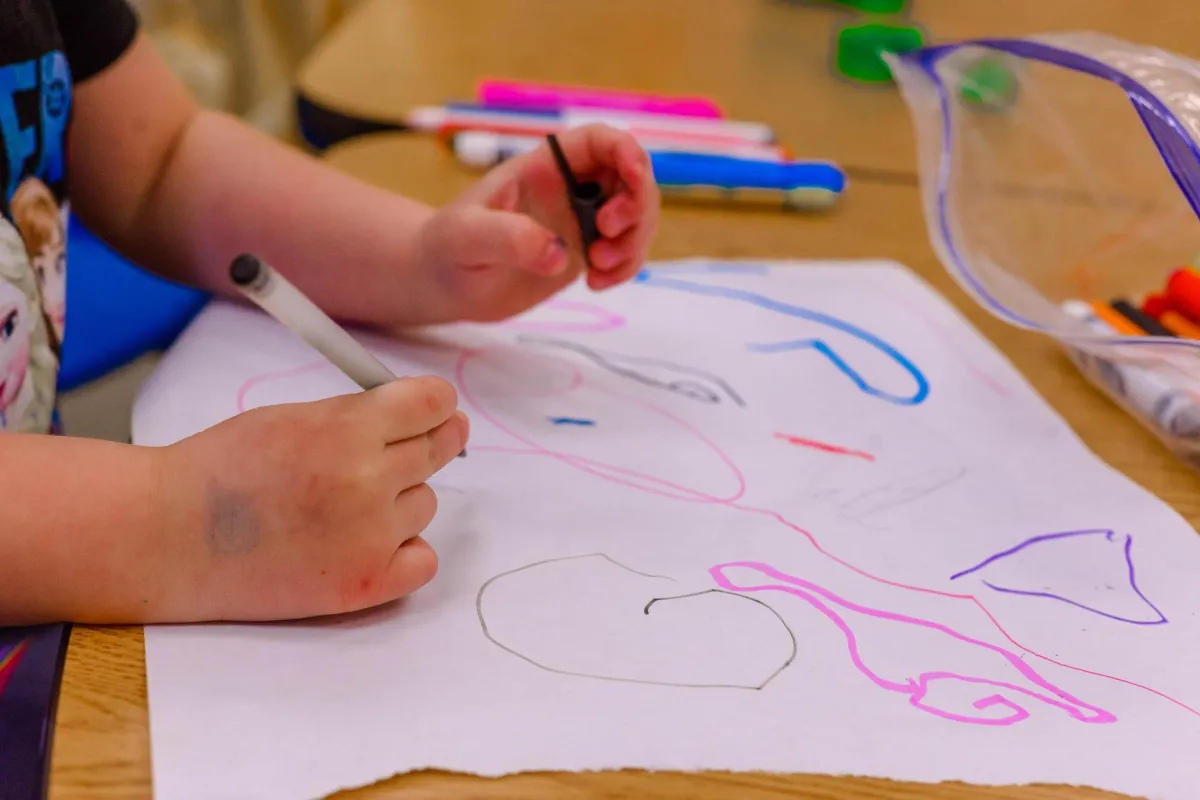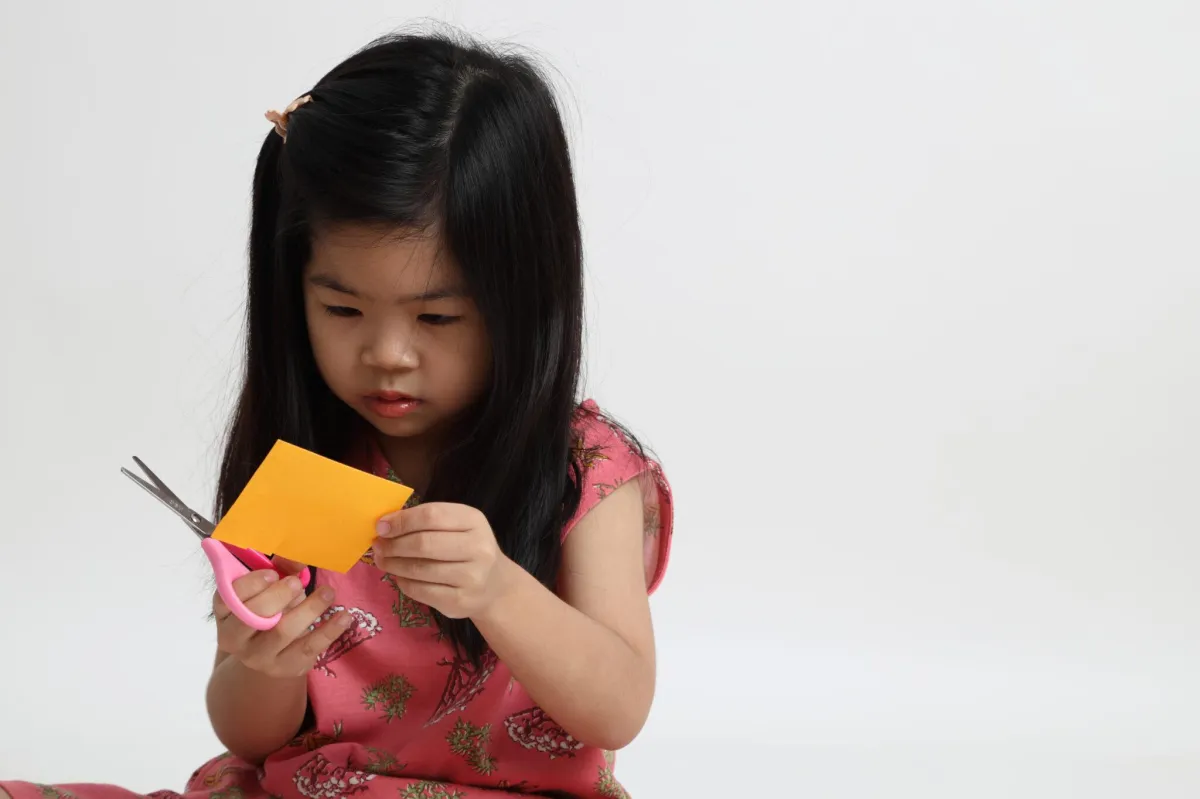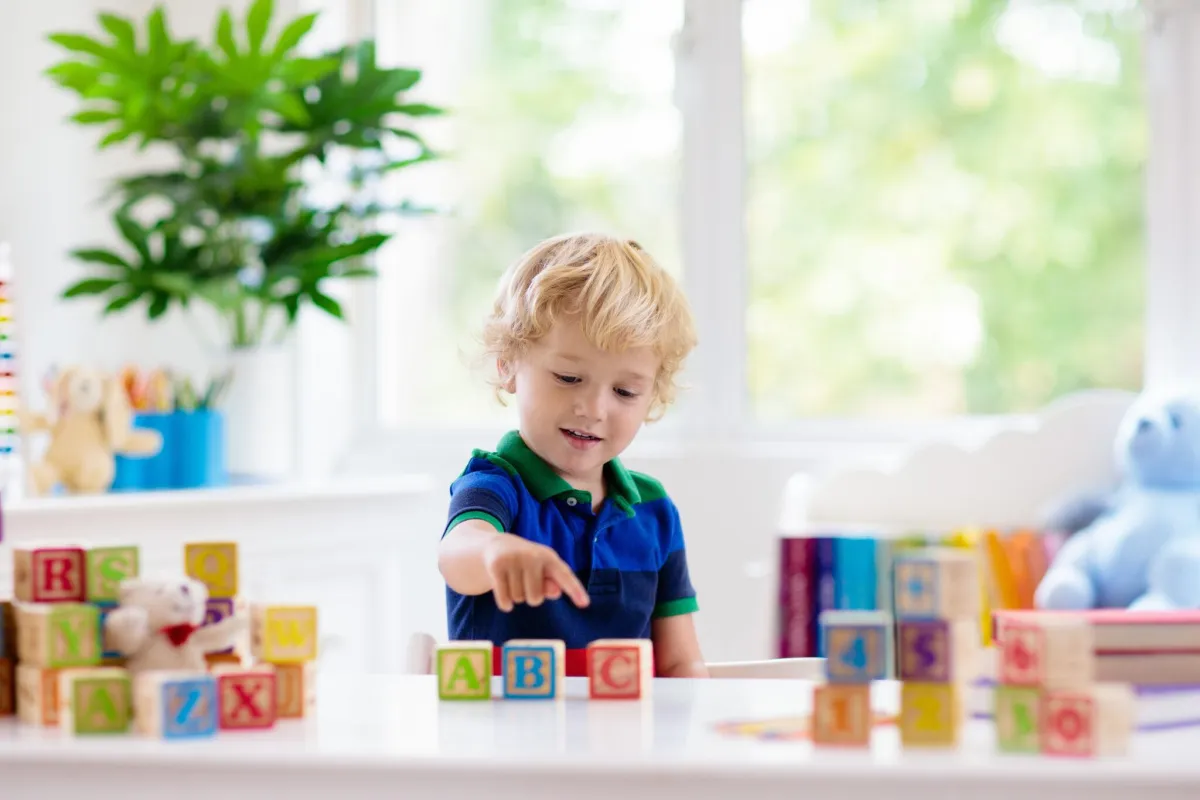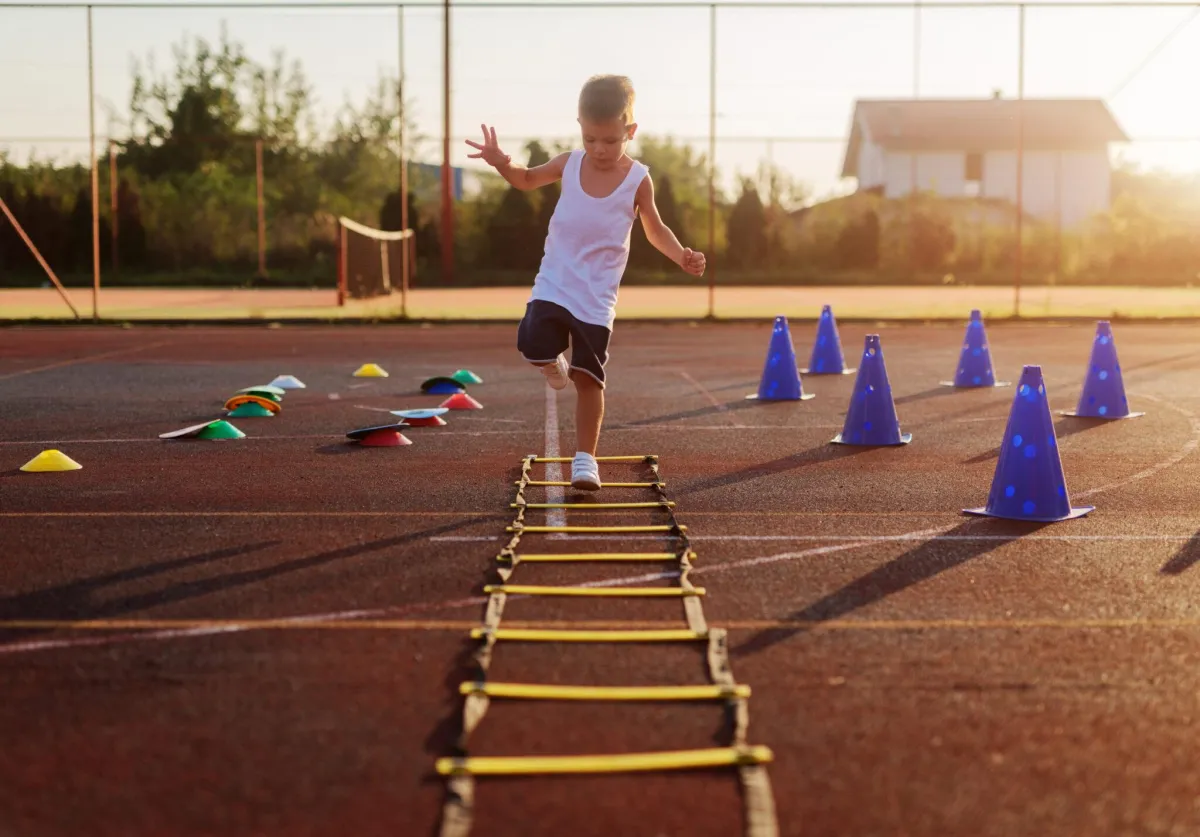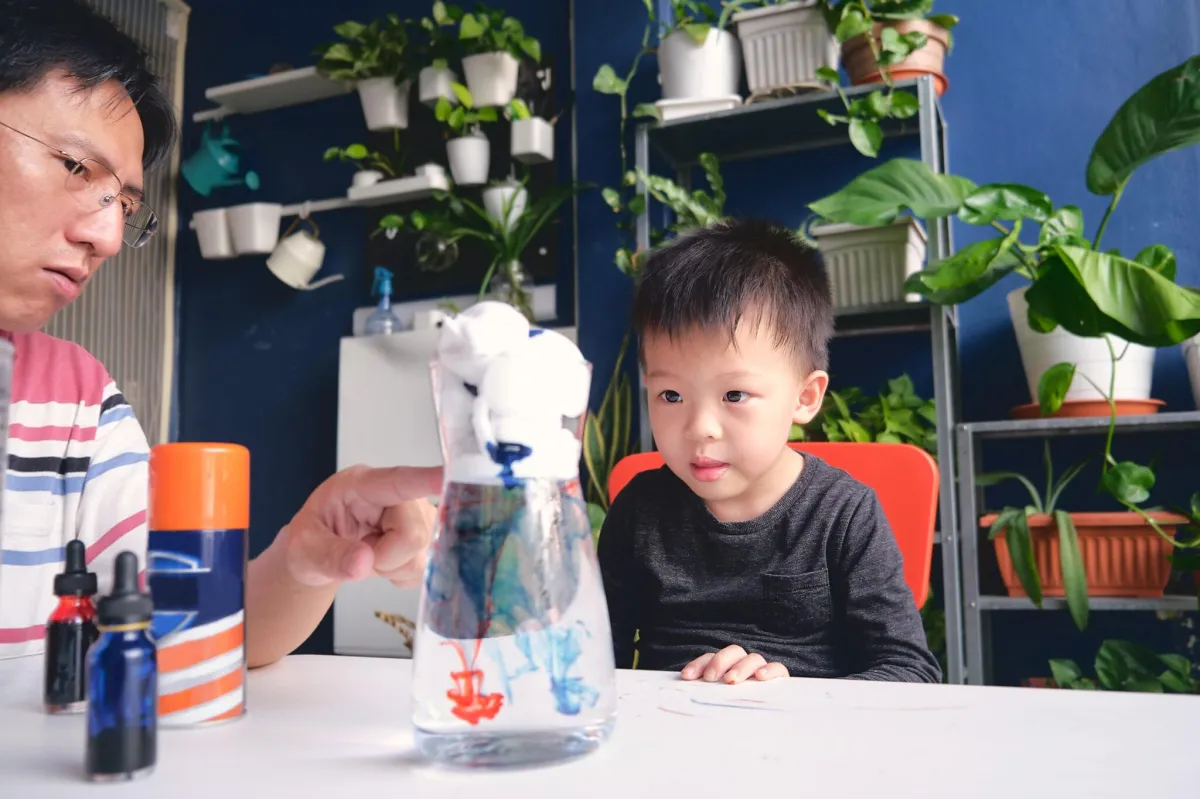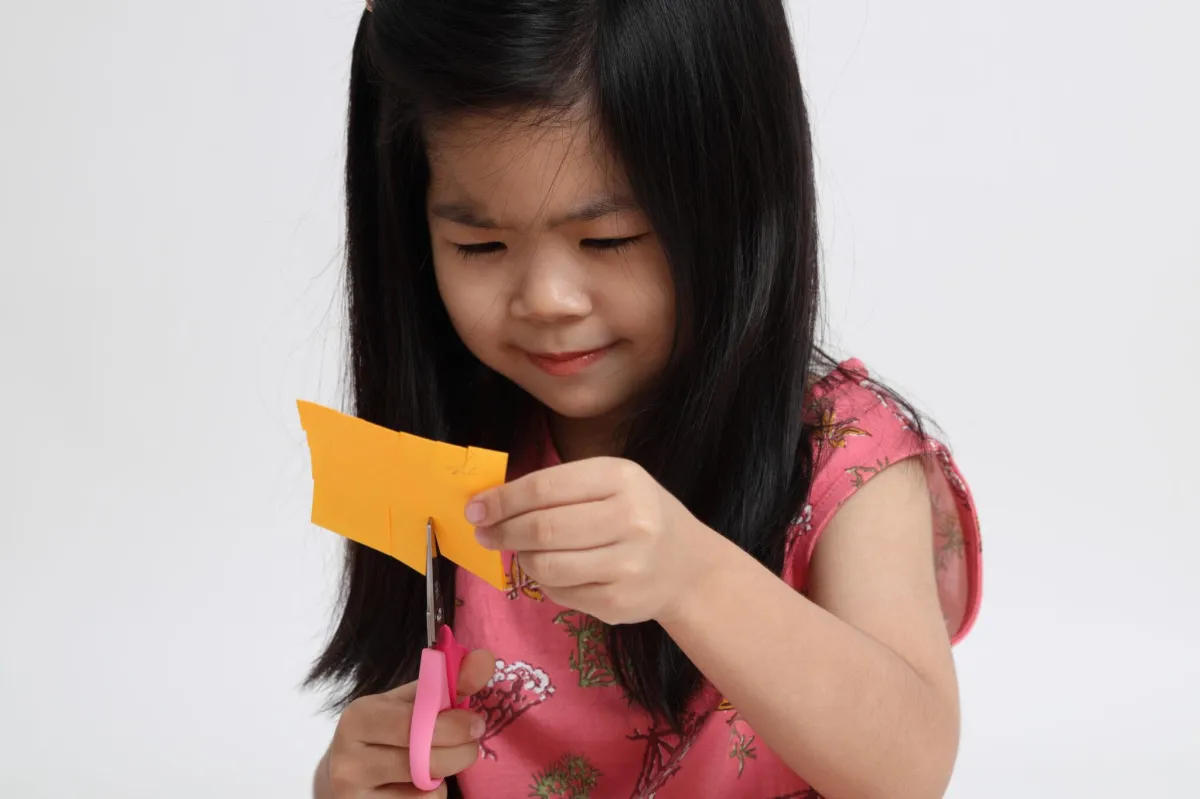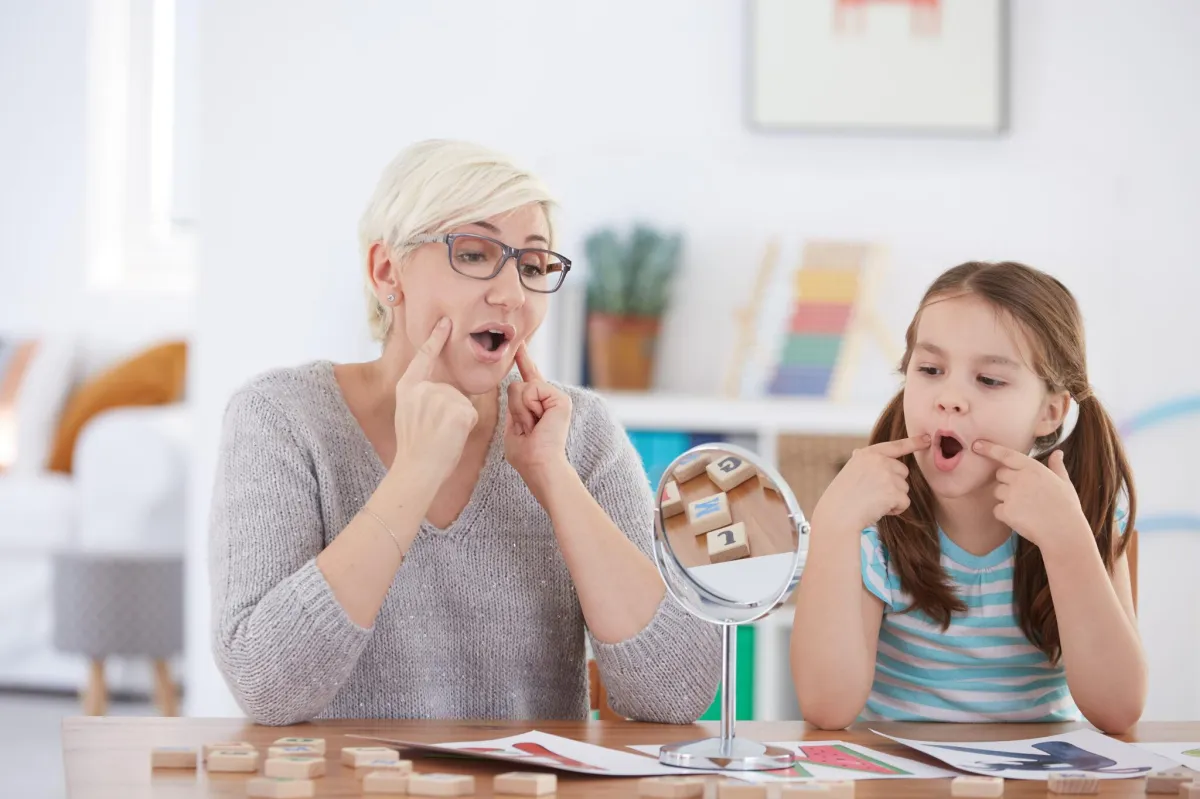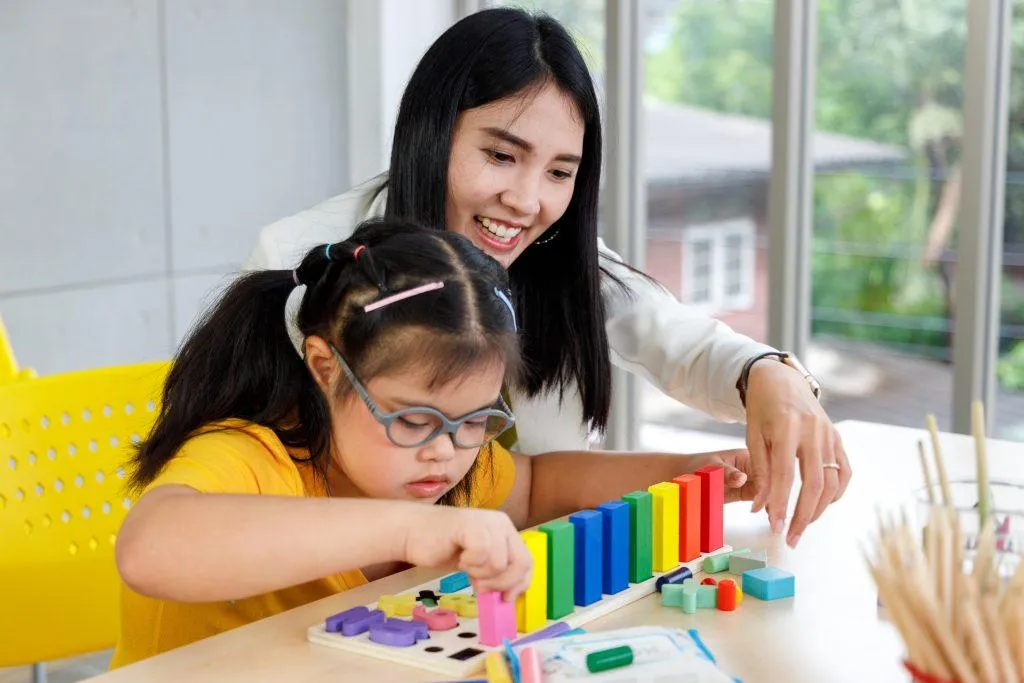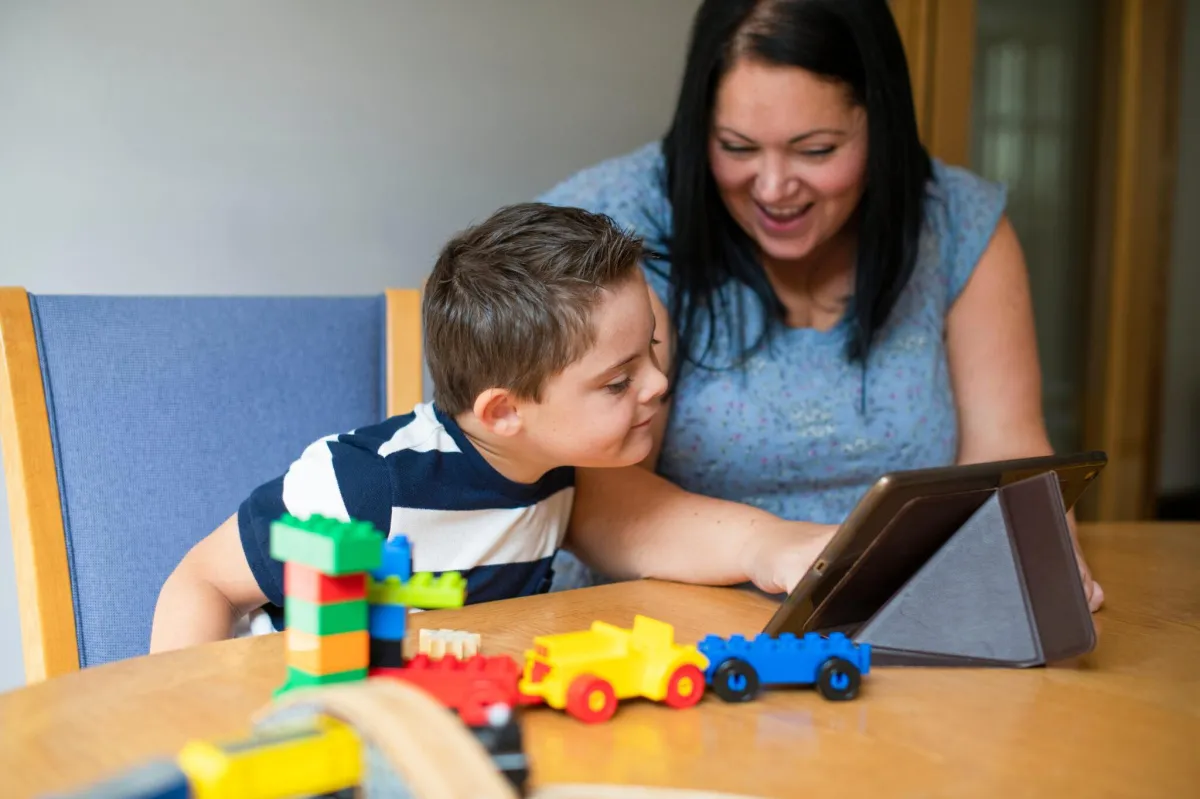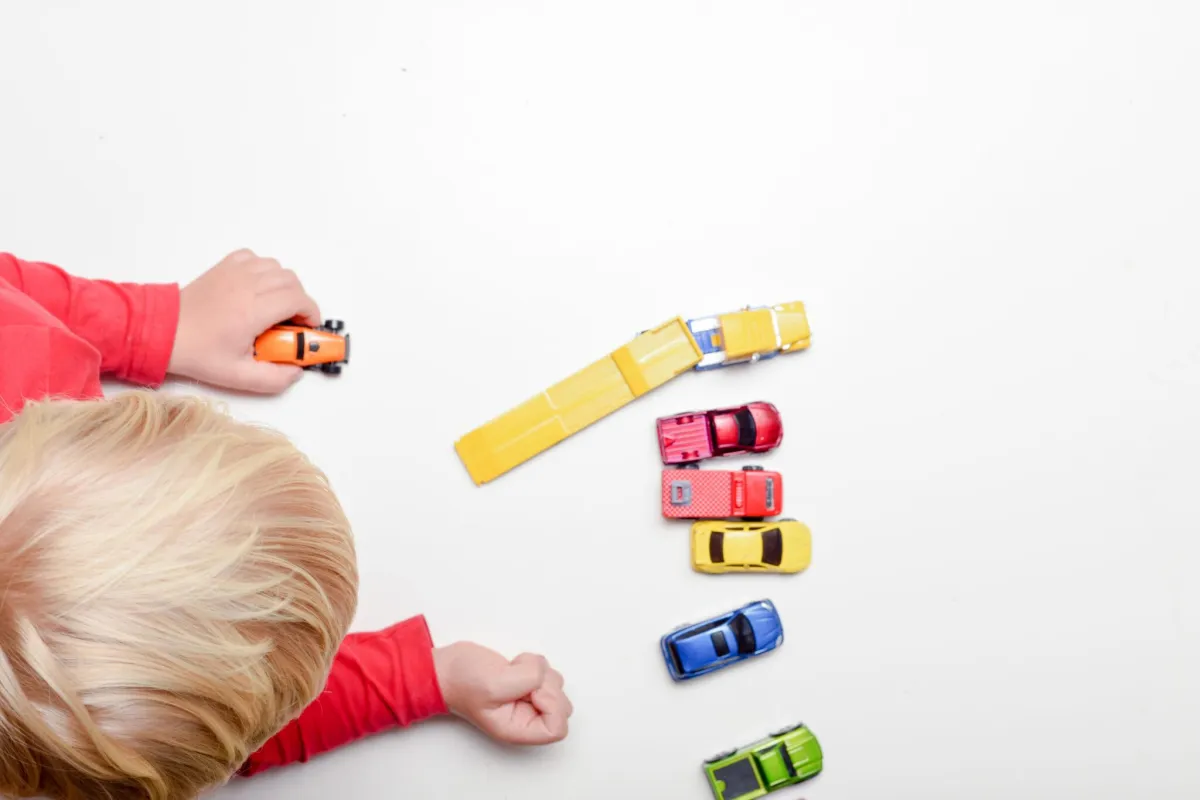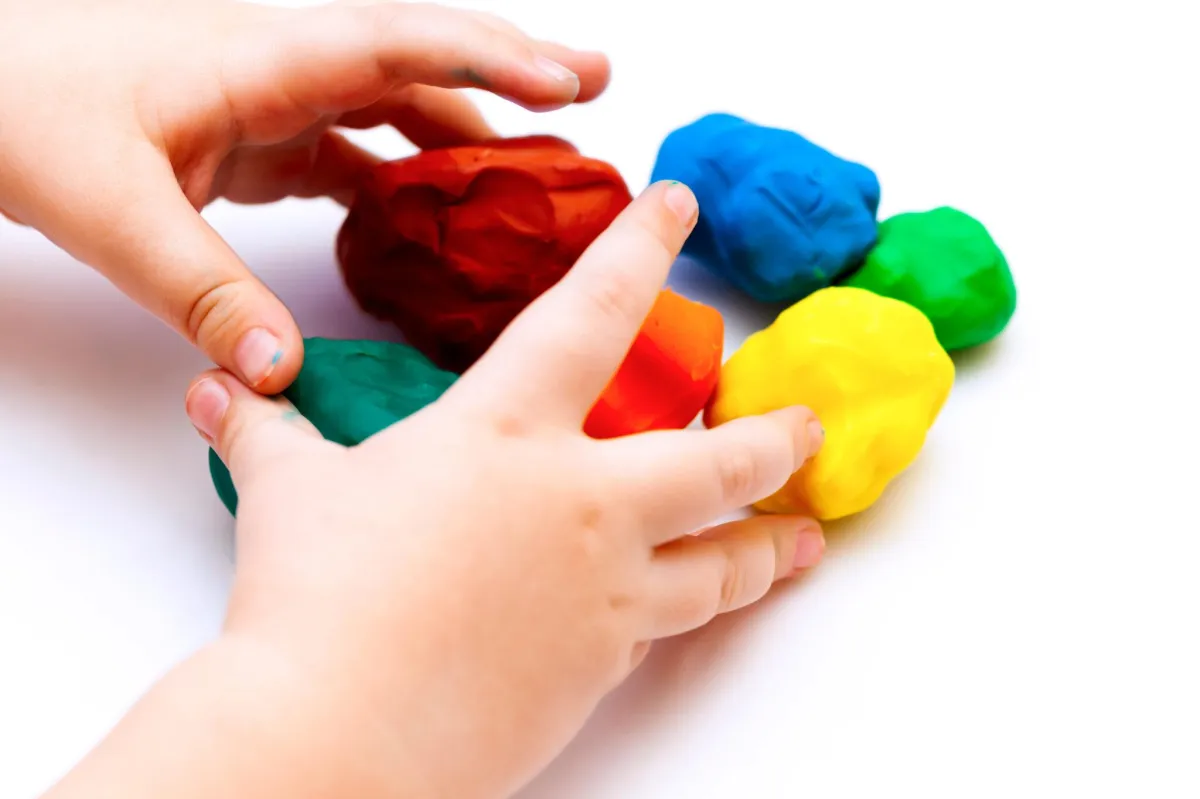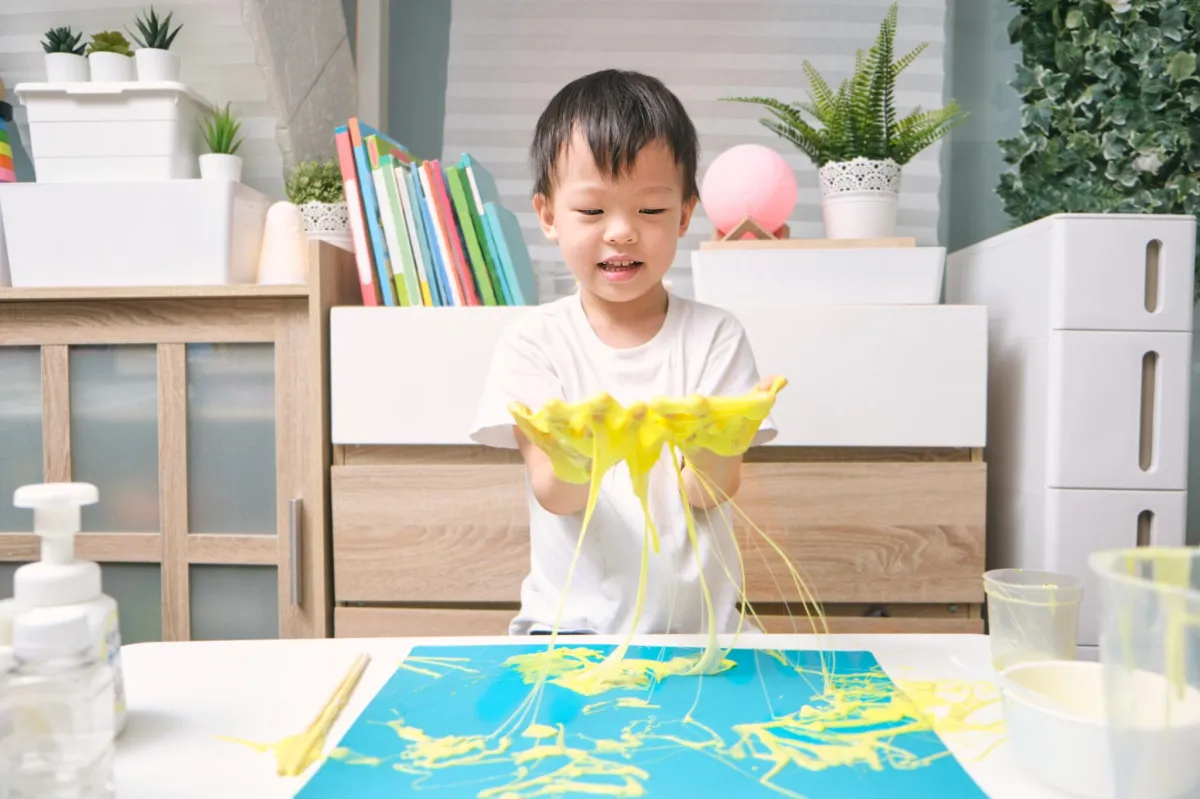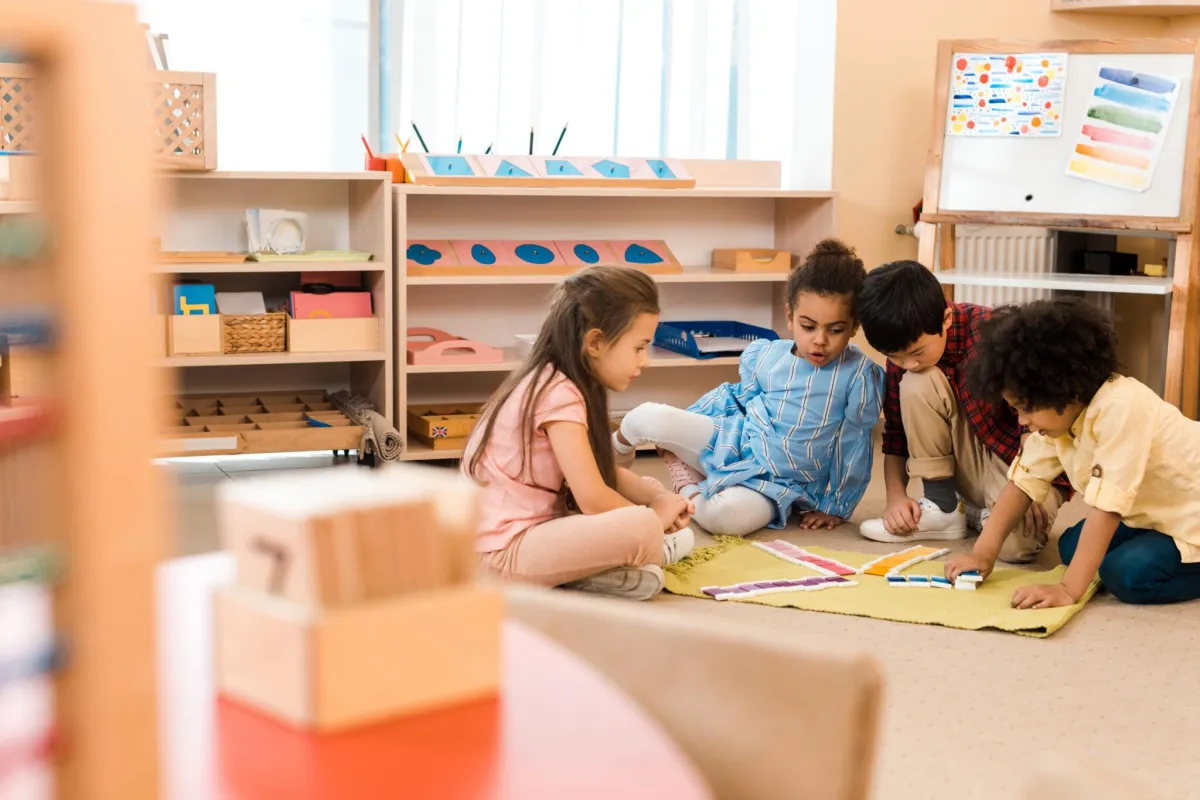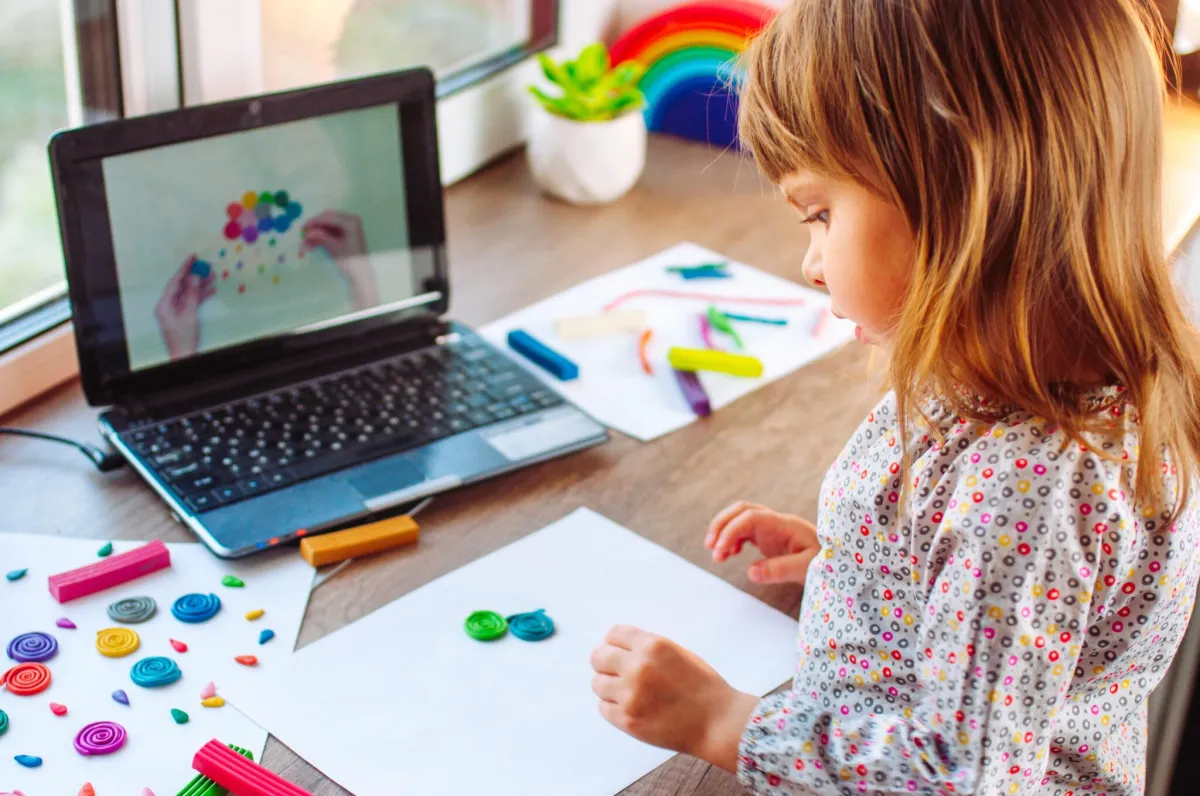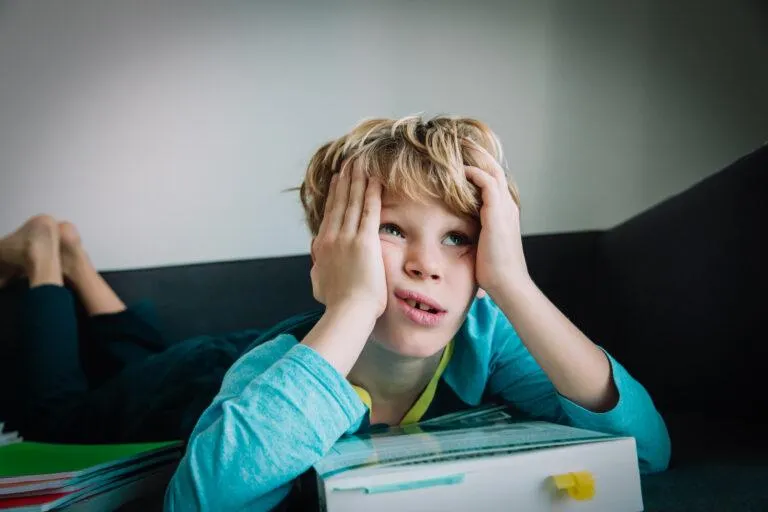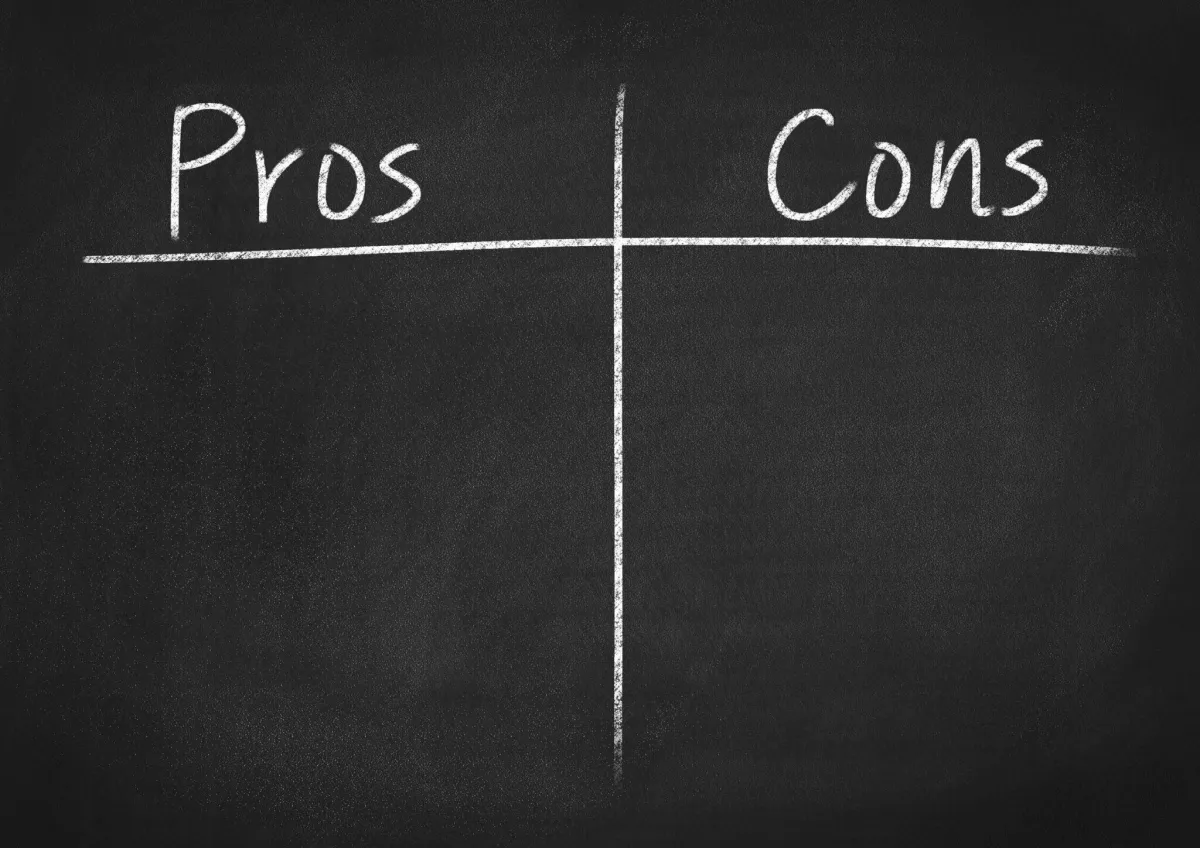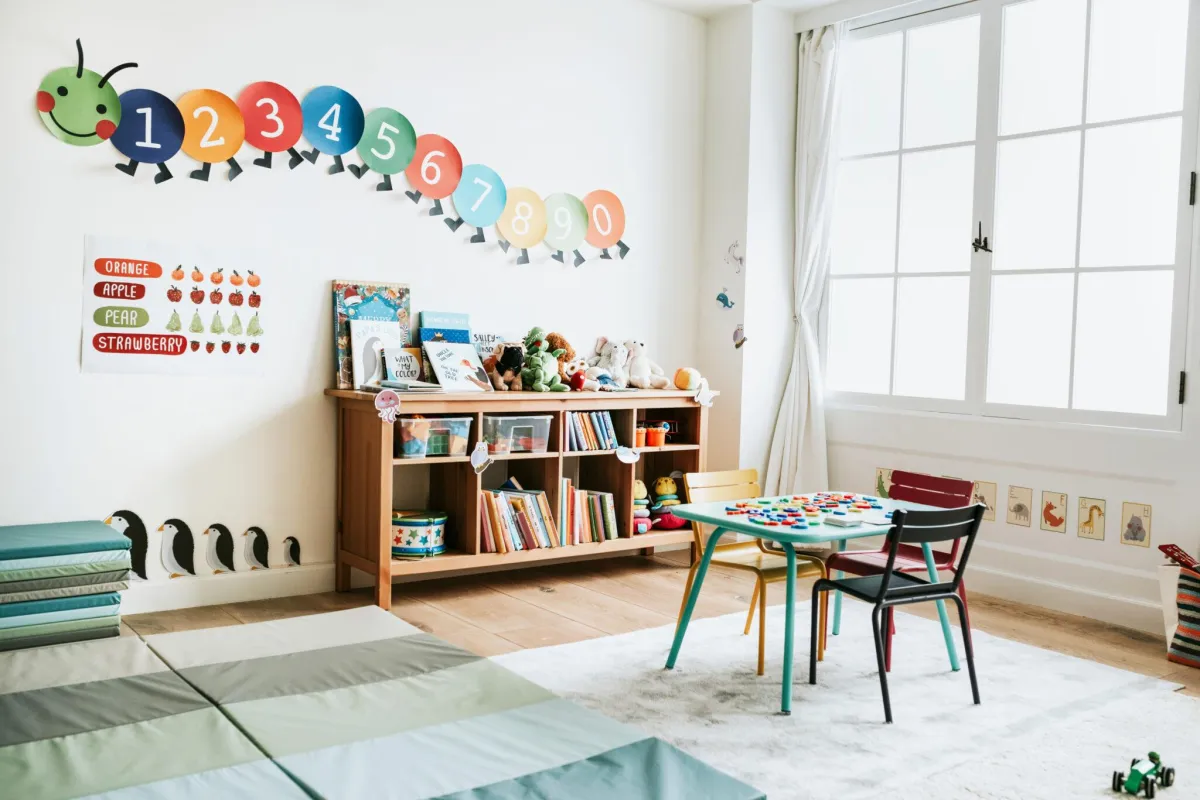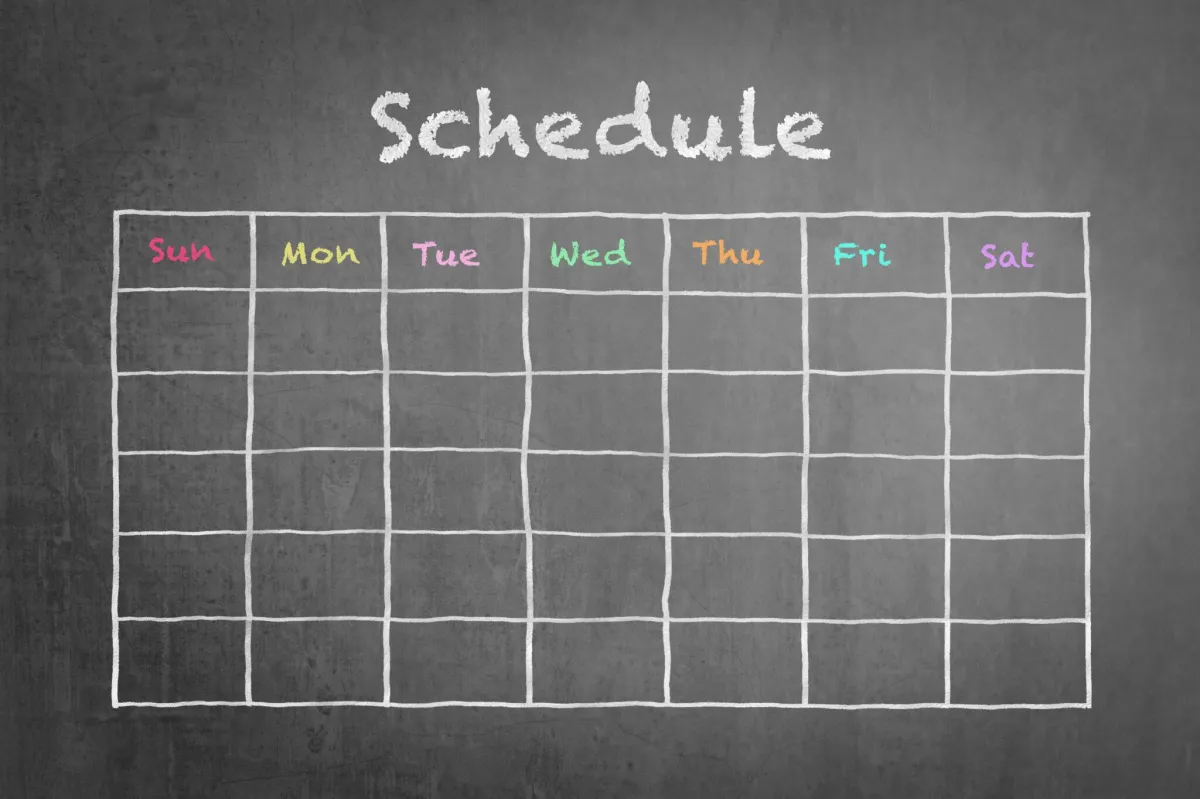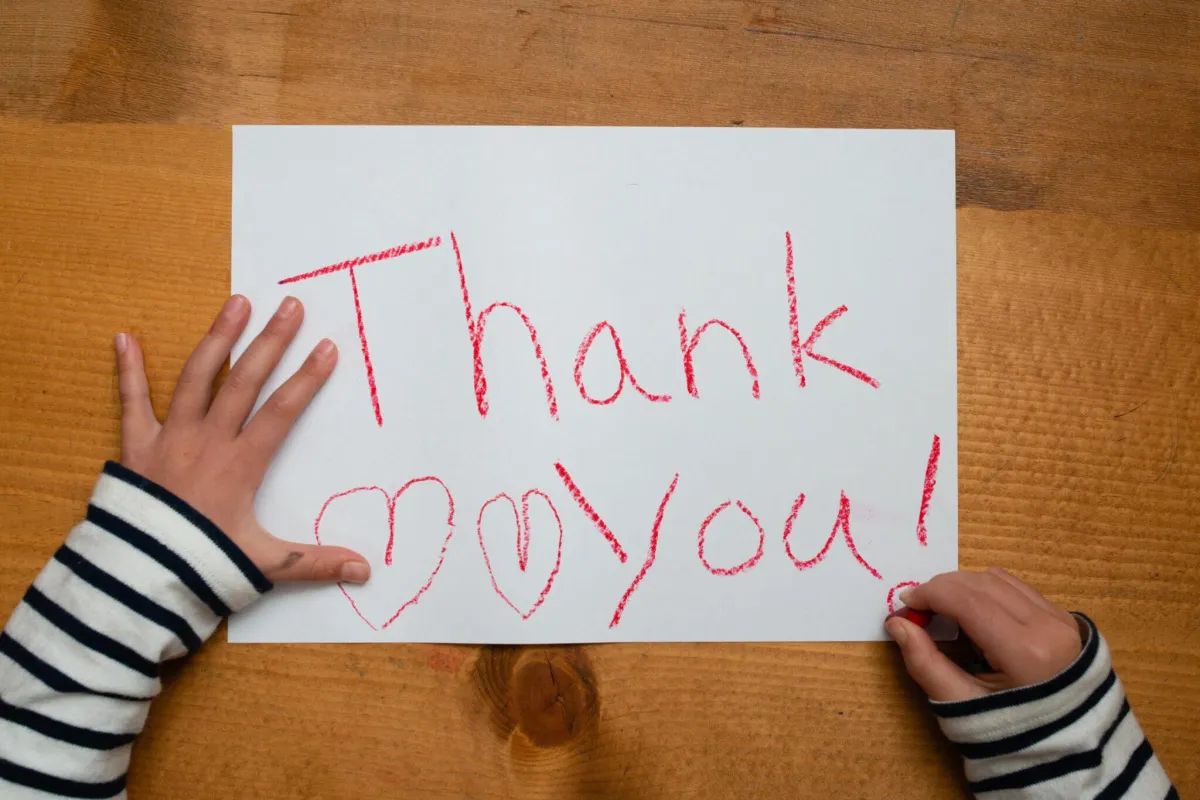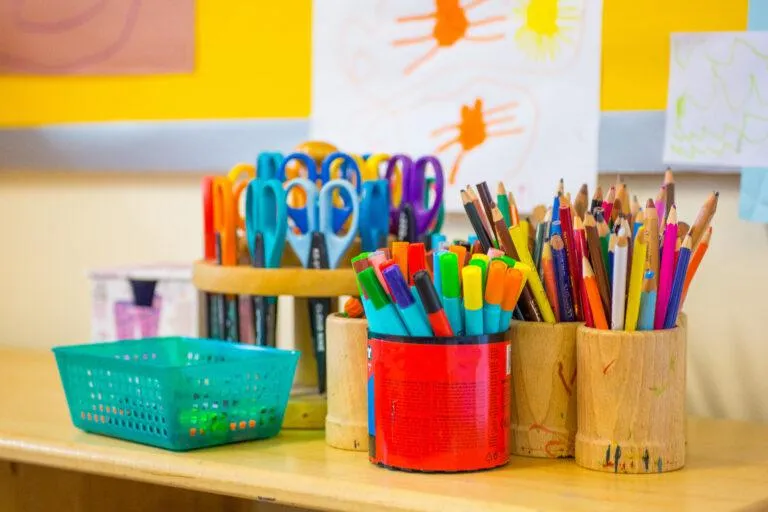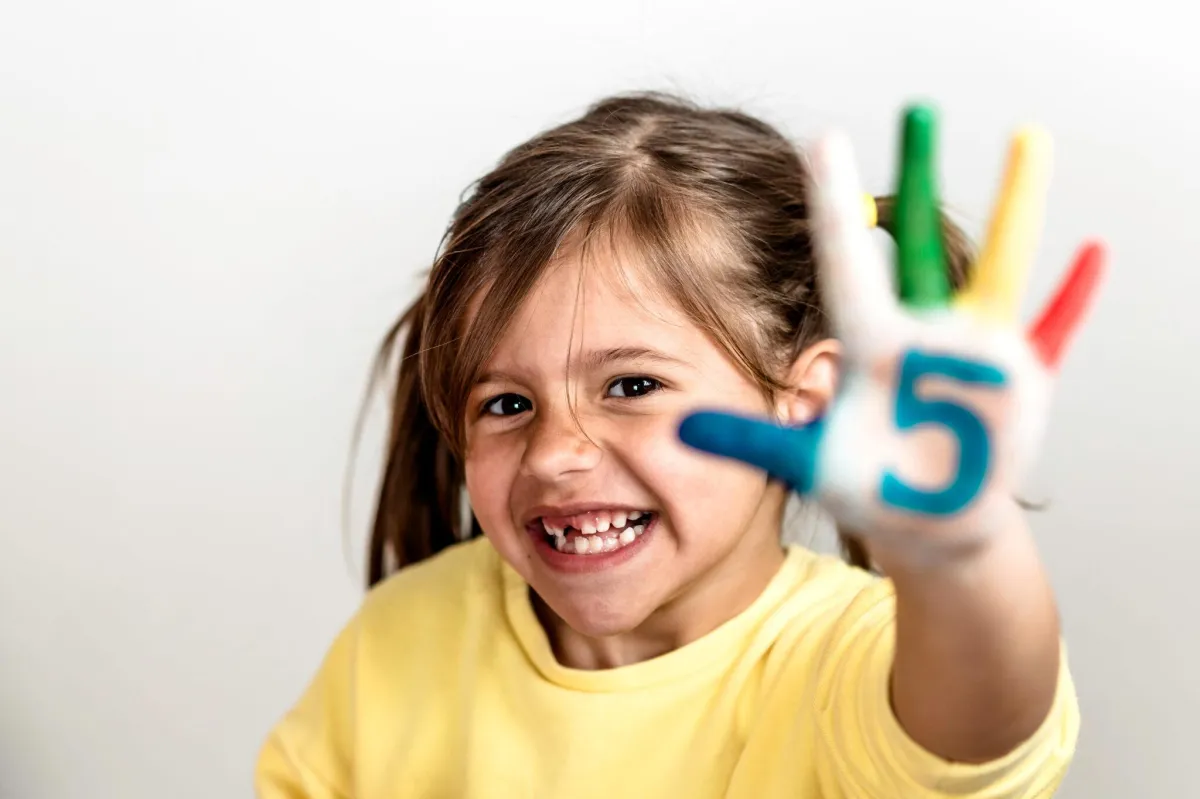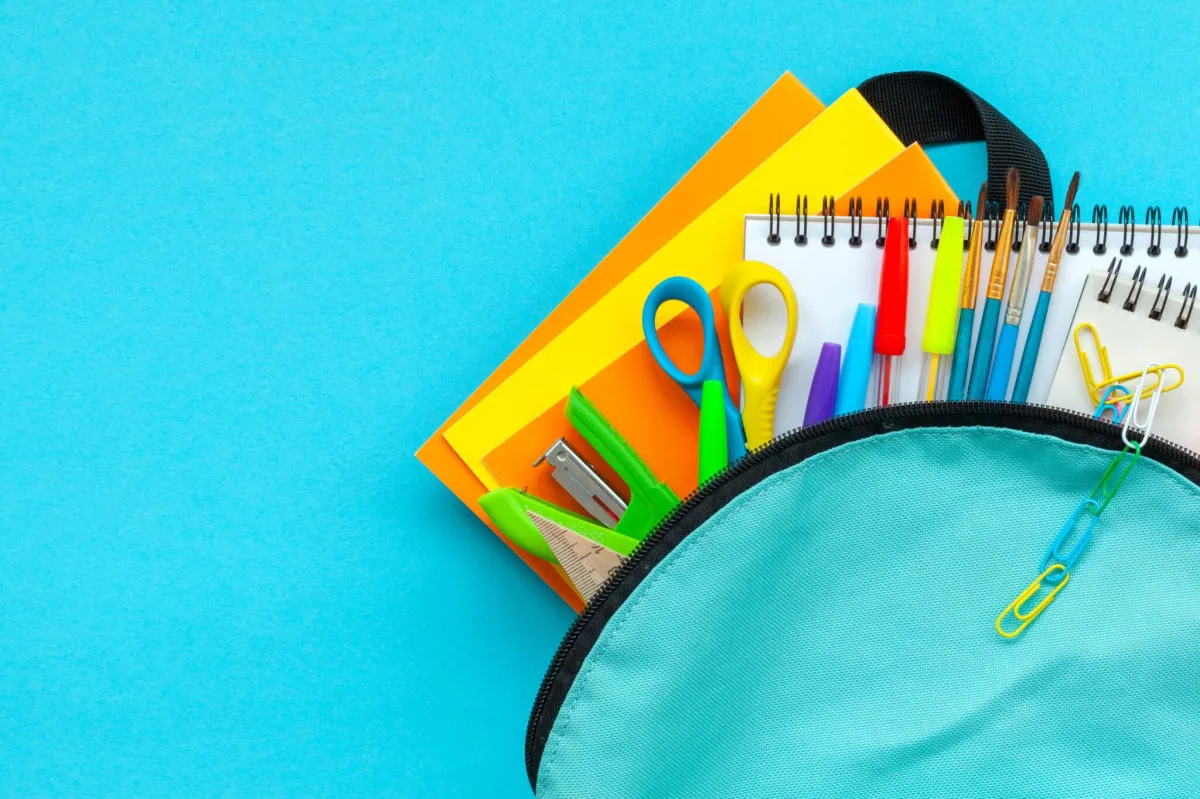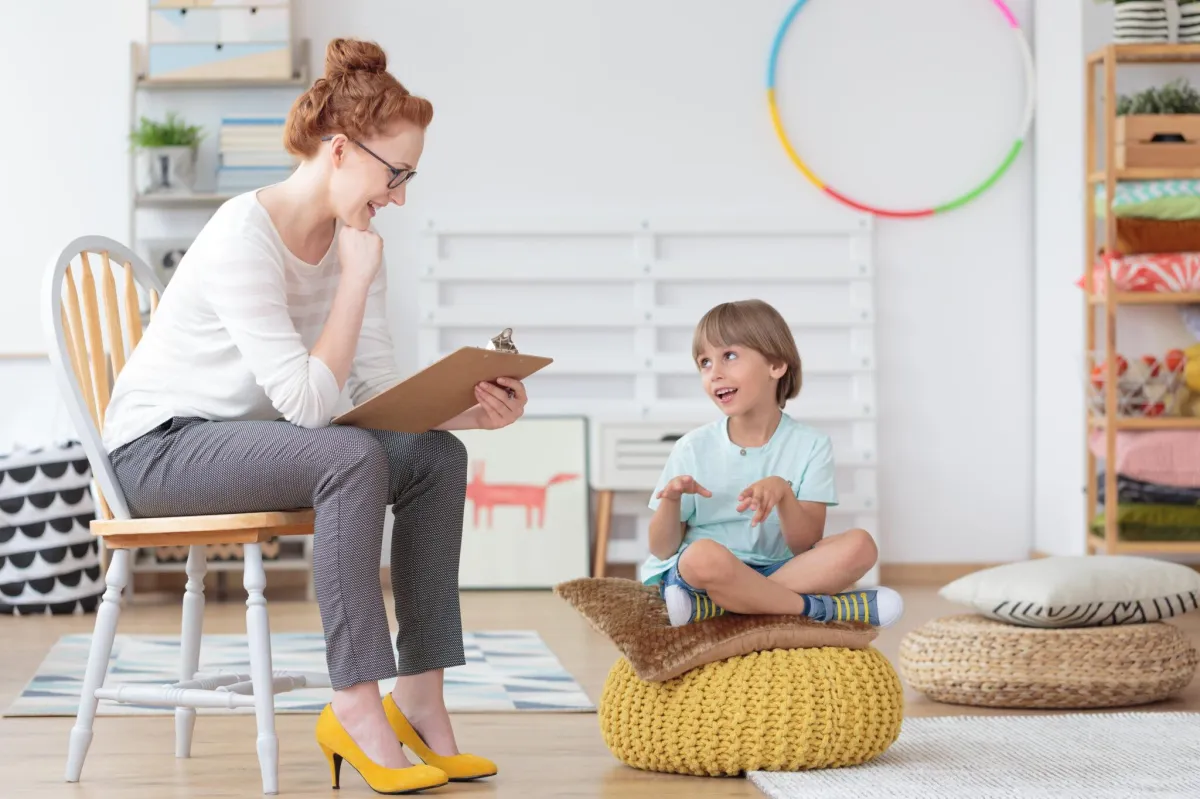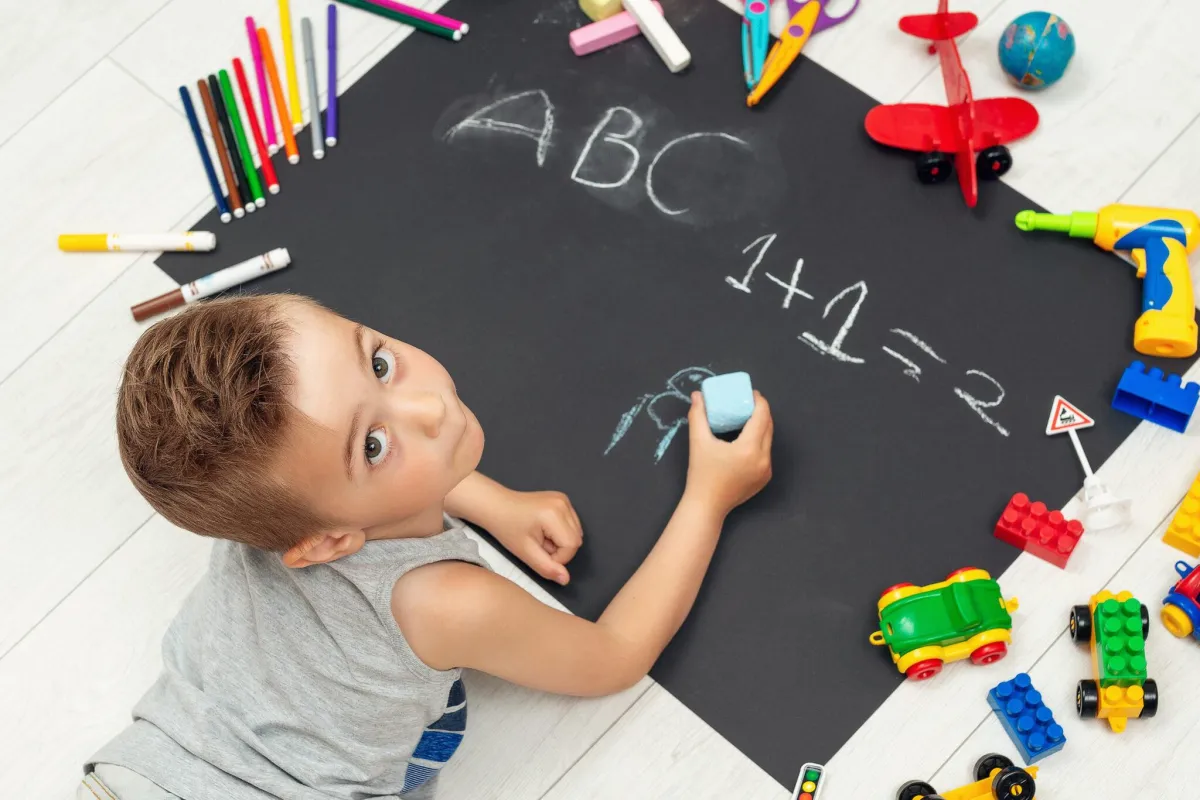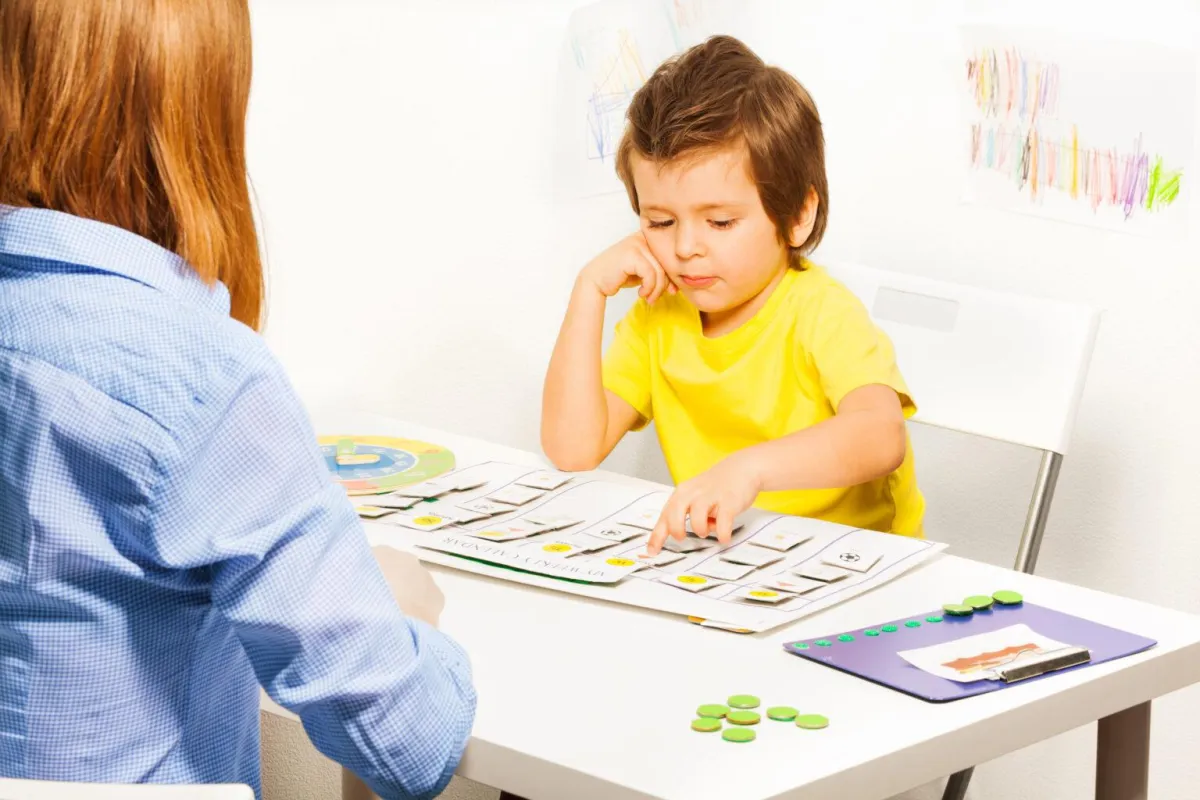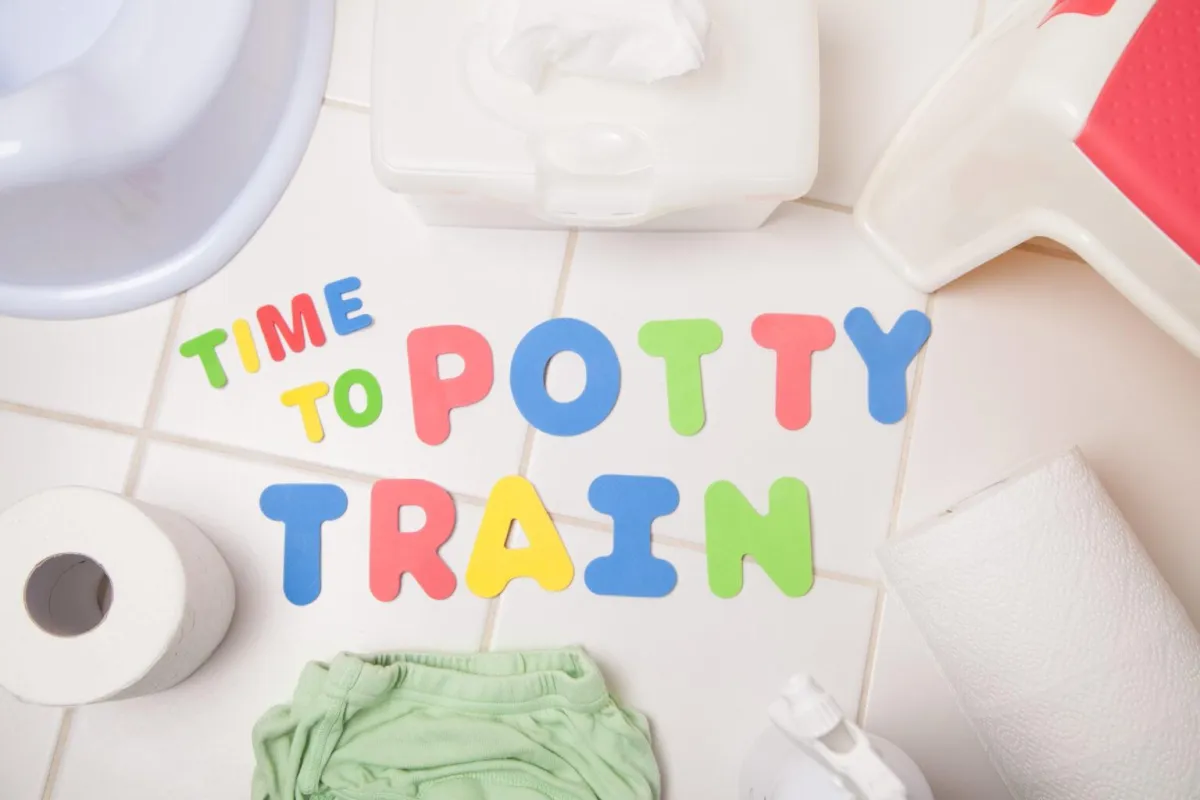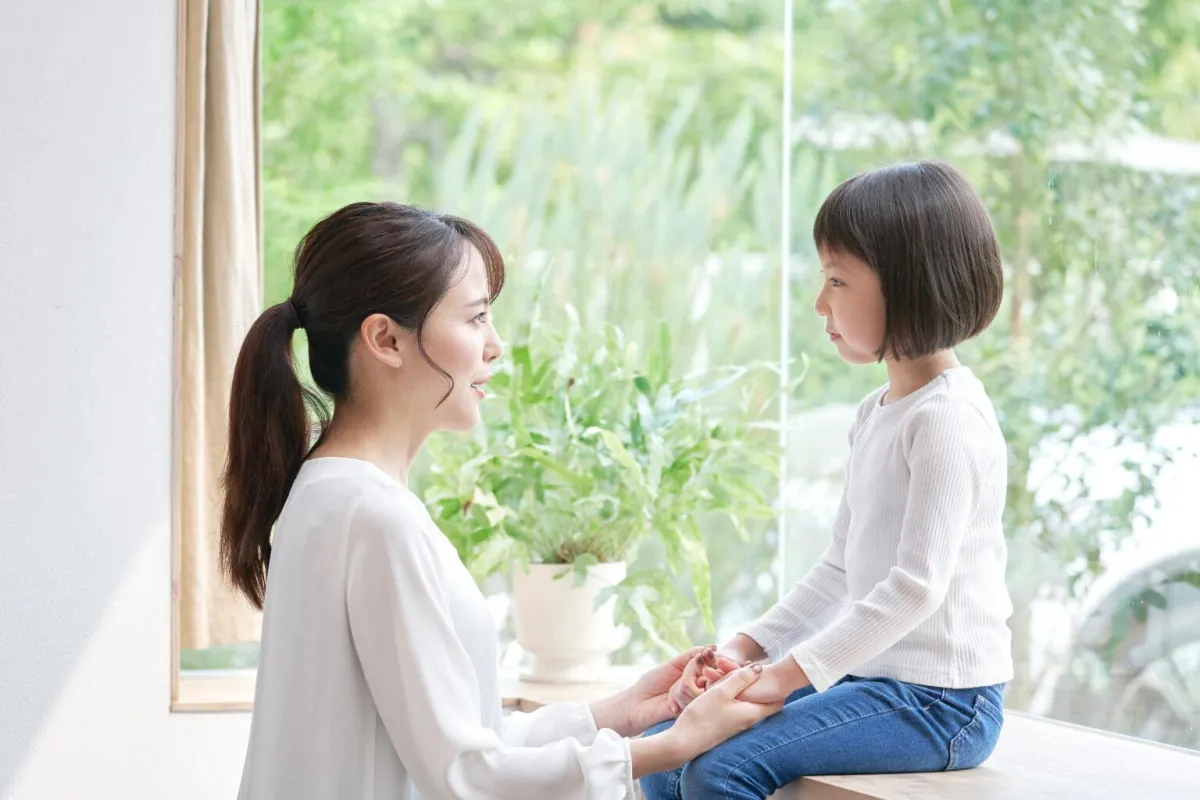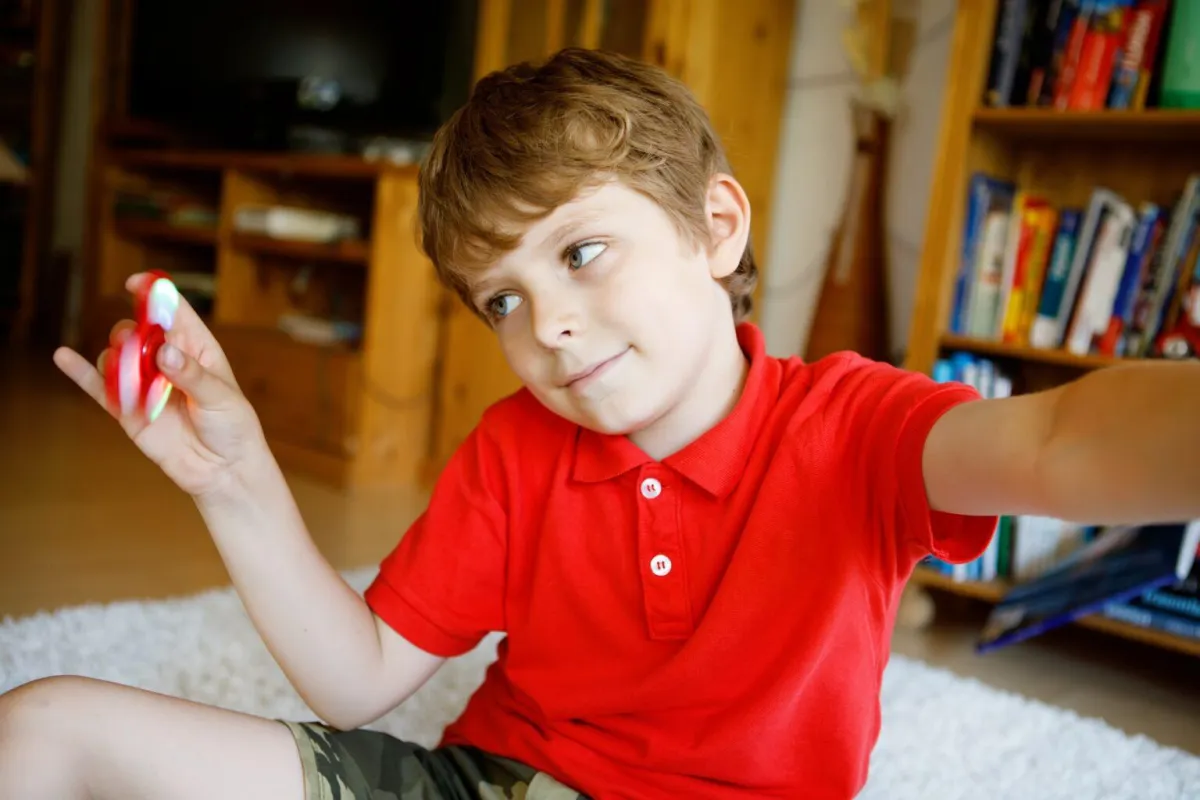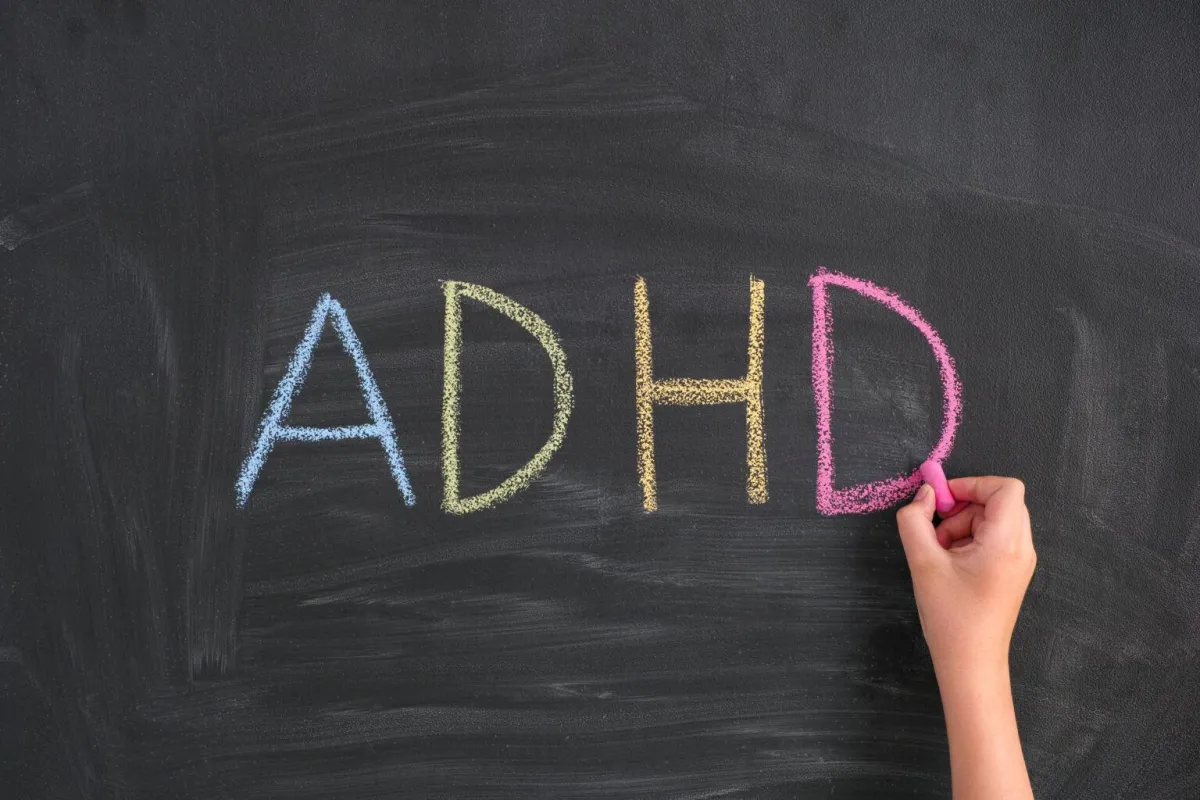Enjoy Reading Our Preschool Blog
Click on any image below to read the article
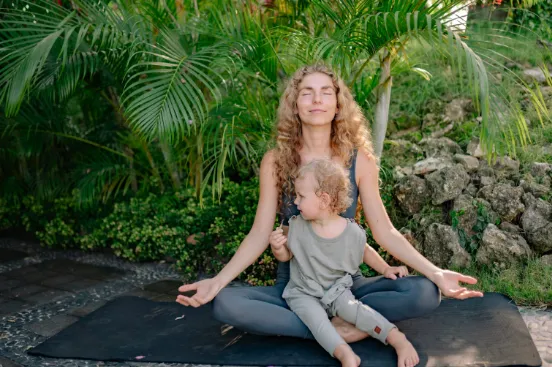
Avoid Parental Fatigue With Personal Assessments and Regular Self-Care
Raising a child with special needs demands a lot of parental sacrifices. You naturally want to give your child as many opportunities as you can, but this often leads to burnout and exhaustion. How can you assess your own level of fatigue and address the issue before it affects your ability to parent? Use the following list of questions to determine where you’re at, and then check out some tips from Beelieve Academy for improving and maintaining your mental and physical health.
Questions for Your Personal Assessment
It is easy to slip from readily handling stress and responsibilities to feeling hopeless and frustrated at even a minor annoyance. As you gain insights into your personal emotional and physical state, you’re better able to care for yourself and, as a result, care for your child. Begin your assessment by asking yourself some fundamental questions:
How is your relationship with your spouse? Do you get to spend time with each other? Do you have opportunities to discuss your feelings, struggles, and goals? If caring for your child is time-consuming, it can be hard to work on your relationship. This is especially important as you both struggle with a variety of emotions.
Are you showing symptoms of anxiety and depression? Everyone feels down from time to time, but if your symptoms are persistent, it may be time to reach out. Watch for feelings of hopelessness, irritability, fatigue, loss of interest in hobbies and friends, and unexplained changes in your appetite.
How do you feel physically? When you spend a lot of time caring for your child, it’s easy to neglect your own physical activities and quality of sleep. If your child’s behaviors and sleep patterns are disrupting your ability to prioritize yourself, your next question should focus on whether you have a strong support system.
As you work to create a self-care plan, watch out for unintended and unwanted outcomes. Some of these include ignoring anxiety, trying to overcompensate for your partner’s struggles, or loading too many responsibilities onto your support network.
Self-Care Tips for Parents
It can be difficult to focus on yourself when a child is dependent on you, but your own health and wellness directly impact your ability to care for others. Fortunately, self-care doesn’t have to take an hour or even half an hour. According to experts, self-care may look like jotting down something you’re grateful for or spending a few minutes stretching.
Start with basic improvements, such as preparing quick-to-grab snacks, such as carrot sticks with hummus or a sliced apple with a spoonful of peanut butter. Swap out chips and other convenience foods with snacks that provide energy as well as soothe hunger pangs.
Take time to contemplate personal goals. If you used to paint, look for ways to incorporate that into your daily routine, such as teaching your child basic painting skills. Personal goals can include education, as well. If you’ve always wanted to go back to school, now is the time! These days, there are plenty of online programs that can provide you with a useful background knowledge of business, and looking at the options is as simple as clicking a mouse. Best of all, these flexible programs allow you to pursue your goals without having to take time off from work or your family.
Once you’re done with school, you could start your own business. Parents of children with special needs are often aware of particular goods and services that can simplify and improve life for other families. There are many online resources to help you get started, such as an online logo maker that helps you make a great first impression and build your brand awareness with the chance to combine styles, icons, and text that reflect your passion.
Parental fatigue is a common result of the daily burdens, loss of sleep, and routine stress that come with parenting a special-needs child. Avoid burnout with routine personal assessments and a renewed focus on yourself. Remember that the better you care for yourself, the better you can care for your child.
Beelieve Academy helps your child get ready for kindergarten, make friends, and have fun – and all from the safety and comfort of your own home! Check out our store to get started.
Image via Pexels
Child Development
Parenting a Preschooler
Everyday Preschool Life
© Beelieve Academy
Contact Us: contact@bee-lieveacademy.com

